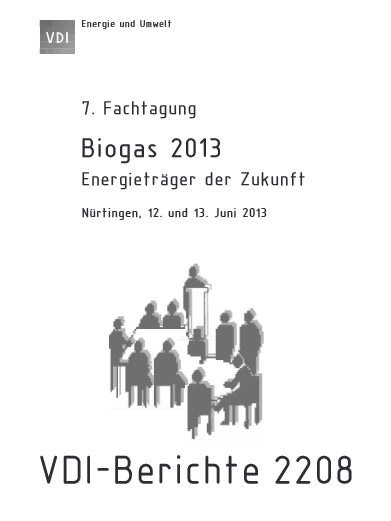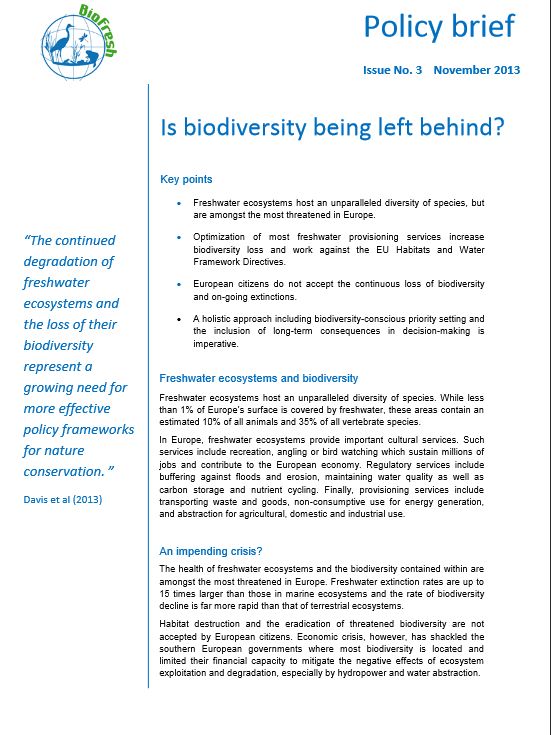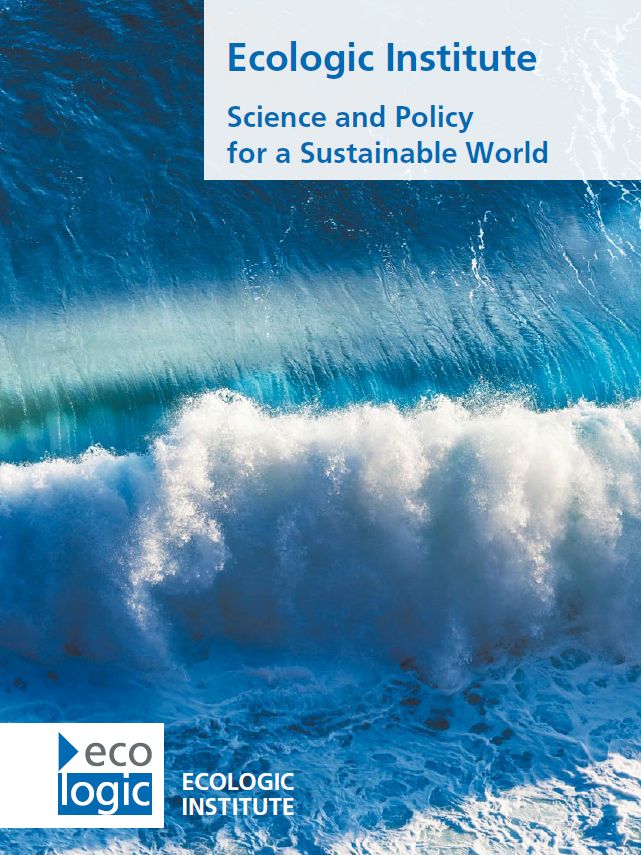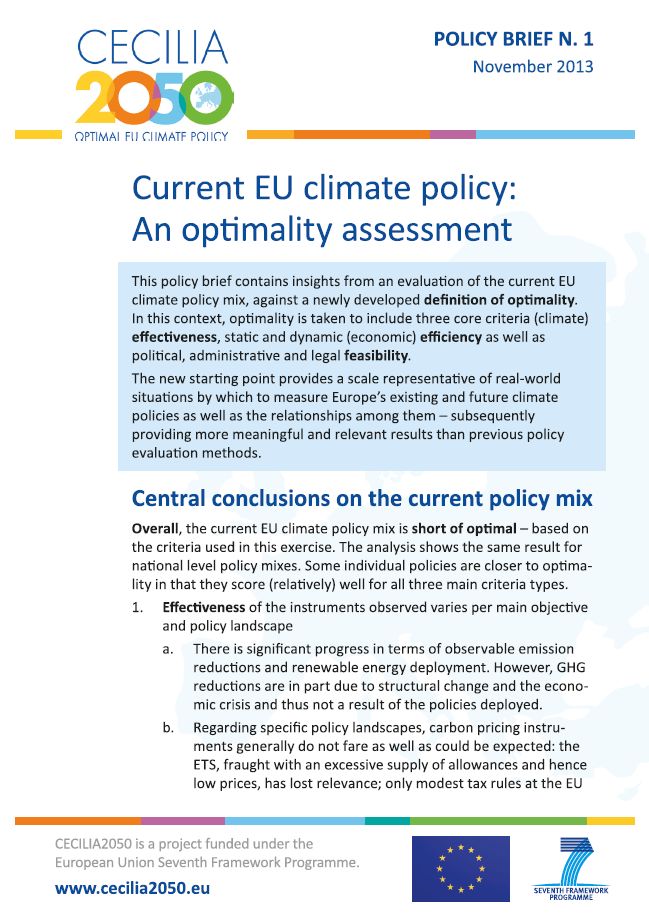Event:Discussion
Project
Publication:Conference Paper
Presentation:Speech
Marine Litter in the Baltic Sea: Challenges and Opportunities – Introduction
Susanne Altvater, Ass.iur.
Event:Discussion
Presentation:Speech
Publication:Policy Brief
Event:Workshop
Publication:Brochure
Publication:Policy Brief
Presentation:Speech
Presentation:Chairing
Publication:Poster




